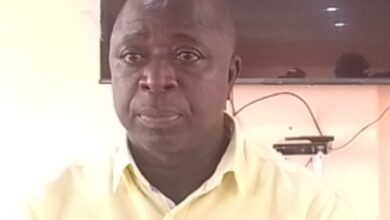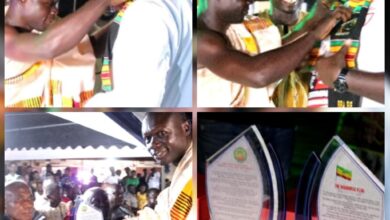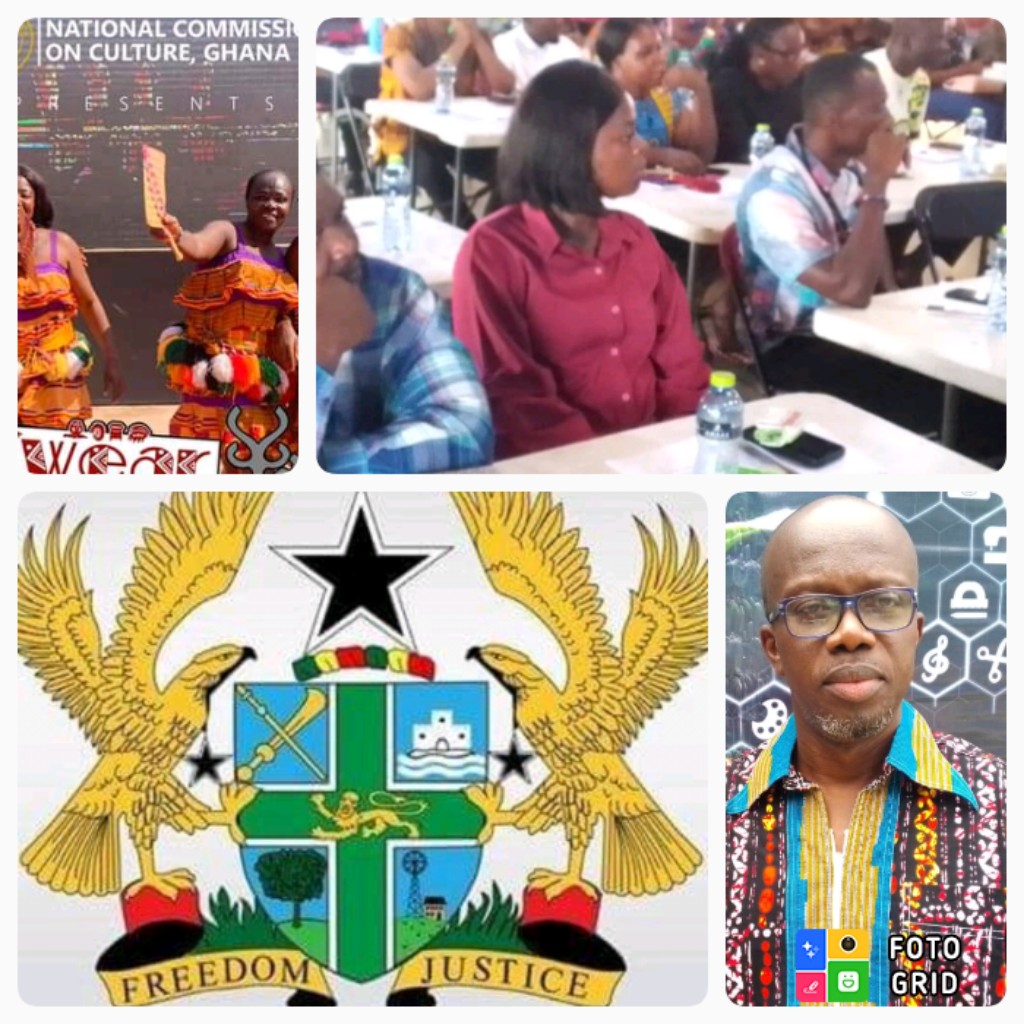
Share this
NCC empowers artists and creative professionals:
The National Commission on Culture (NCC) has organized a comprehensive training programme for over 100 emerging artists and creative professionals in the Ashanti, Ahafo, Bono and Bono East regions.
The programme aimed at empowering emerging cultural and creative practitioners is powered by the UNESCO-Aschberg Programme for artists and cultural professionals.
It also aims to empower artists through effective policy formulation and the establishment of a robust legal framework.
Speaking at the event at the Centre of National Culture (CNC) in Kumasi, the Ashanti Regional capital, the Executive Director of NCC, Nana Otuo Owoahene Acheampong stated that the programme would be a collaborative and inclusive approach designed to enable industry players in the country to produce high-quality works that not only reflect their cultural heritage but also address contemporary social challenges.
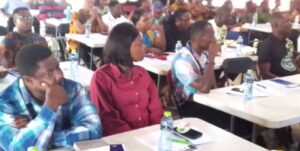
Emphasizing the importance of the capacity-building project, he noted, “The project has secured funding through the UNESCO-Aschberg programme for artists and cultural professionals, positioning us to empower artists through policy formulation and a robust legal framework.
The initiative he disclosed was not only aimed at fostering creativity but also a step towards creating an environment where artists can thrive, ensuring that their voices are heard and their contributions are valued on both national and global stages.
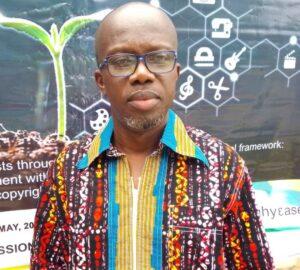
Nana Owoahene Acheampong added that, the NCC plans to train 400 emerging artists, creative professionals nationwide at four strategic centres.
“The Conference will take place in four (4) centres across the country at the following locations: Zone 1 Conference at Tamale (covering the Upper East, Upper West, Northern, North-East and Savannah regions), Zone 2 Conference at Kumasi (covering the Ashanti, Ahafo, Bono and Bono East regions), Zone 3 Conference at Cape Coast/Sekondi (covering Central, Western and Western North regions) and Zone 4 Conference at Accra (covering Greater Accra, Eastern, Oti and Volta regions),” he continued.
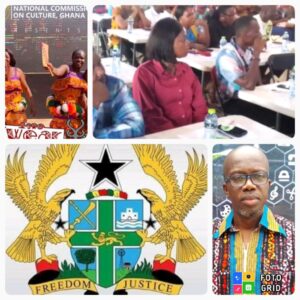
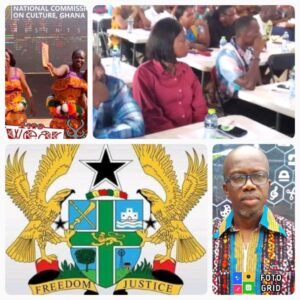
In his succinct remarks, Dr. Richard Fio Commey, Deputy in charge of operations at NCC explained that the Conference seek to provide requisite knowledge for artists within the performing and visual arts domains across the country on existing relevant policies and legal frameworks governing the culture and creative space in the country and beyond.
“We are optimistic that this programme would offer participants with the tools and knowledge needed to create high quality productions, with protection and freedom, that speaks to the times and reflect their cultural heritage whiles addressing contemporary socio-cultural issues,” he anticipated.
Benjamin Oduro Arhin Junior (alias Bnoskka), UNESCO national expert taught the participants on Topics such as; Overview of the Ghana Cultural Policy Review, Drafting Business Plan – Registration, Funds, Grants and Sponsorship Sourcing, Overview of Intellectual Property in Ghana: Dealing with proof of ownership, piracy, copyright infringements, and other IP-related offenses, Business Administration and Management Practices for Artists and Cultural Professionals: Company Laws, Contract, Taxation, Insurance, Security, Occupational Hazards, Quality Production, Marketing, Networking and Distribution
Other topics taught by Mr. Oduro Arhin who doubles as Creative Arts & Intellectual Property Consultant and Lecturer at the School of Creative Arts, University of Education, Winneba included; the Interplay of Cultural Diplomacy and International Cooperation: Artists as Agents of Social Transformation and Legal Framework, Constitutional Rights and Artistic Freedom of Expression in Ghana.
The capacity building programme was on the theme, “Empowering Artists through Policy Formulation and Robust Legal Framework: An engagement with artists on inputs into culture policy, copyright and other relevant laws.”
Through the UNESCO-Aschberg programme, UNESCO strives to protect and promote artistic, freedom, the status artists and cultural professionals and to facilitate a balanced flow of cultural goods and services.
By:David Afum
Source:www.dailywatchgh.com
